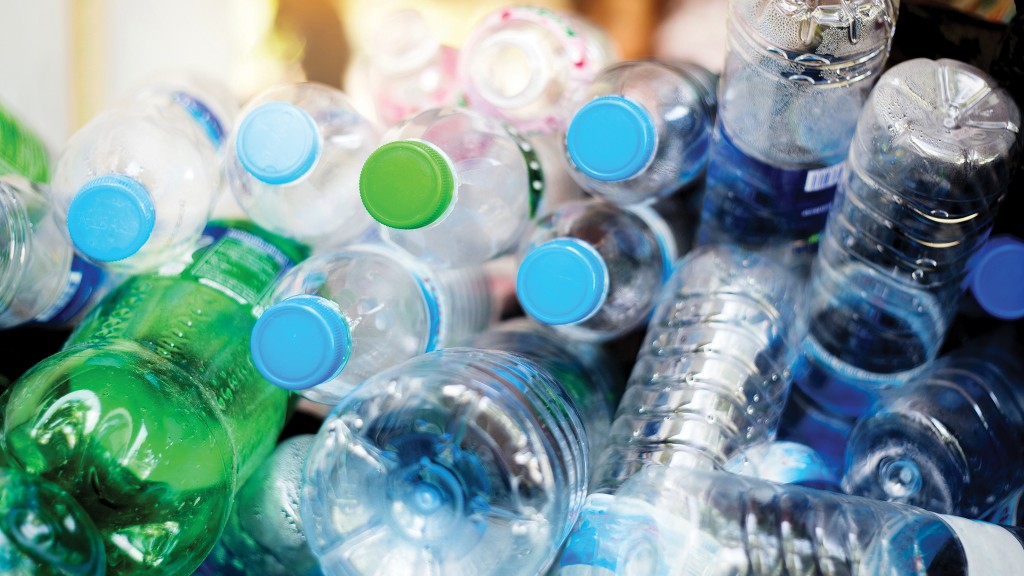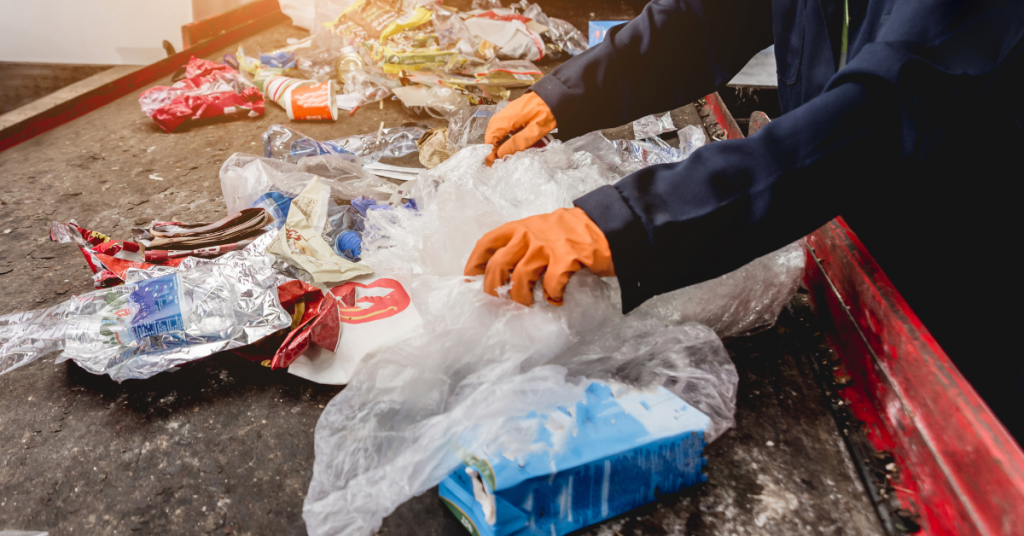
Plastic waste, recycling, and export are topics which have long taken centre stage in the headlines, but is it really fair to blame this commodity for the pollution problems facing our planet?
Positive news about plastics is rare
When looking at the news, it is rare to see a positive news story about plastic - or one which is talking about the benefits of this material. Instead, more often than not, it is highlighting horrific pollution issue it is causing across our lands and oceans - but what about showing the real culprit of this environmental contamination?
In reality, emphasizing the pollution issue is not the problem - as consumers, people should have visibility over what is happening in the world. But equally, they should also be aware of their role within this, and how their choices, actions, and attitudes contribute to the end result.
Plastic, in the simplest sense, is manufactured for a purpose - whether that be to transport goods, keep food fresh, manufacture a wide range of products, including personal protective equipment - and it is then in the hands of humans as to the destination and indeed how long its lifespan is.
Consumption, recovery, and reuse are crucial pieces in the circular economy puzzle, and we can only truly close the loop if we get these right.
In fact, it is estimated that the world currently produces circa 381 million tonnes of plastic waste annually, and this figure is expected to double by 2034, if nothing changes in the meantime.
Manufacturing and design have a role to play
It is extremely easy to point the finger of blame at plastic itself, but that is neither fair nor accurate.
As well as wider education around the importance of recycling plastic, what types can and cannot be recycled, and how sustainable it can be if managed correctly, human beings need to turn their heads towards the start of the process - the design and manufacturing phases.
Before a product is brought to life, it is discussed and conceptualized in depth by organizations' in-house teams, to ensure it is fit for purpose and ticks all the boxes of the brief. However, one of these checkpoints should undoubtedly be sustainability and reuse. And while there are some blue-chip companies which have started to introduce closed-loop solutions to their offering, there are still many that have not - and this needs to change.
Product designers are the ones who have the chance to ensure that anything they put forward for manufacture is considerate of the environment in the long term - factoring in its recyclability and segregation requirements from the offset.
It is this measured approach to ‘reverse logistics' that can not only help our planet and prevent further pollution with post-consumer plastic materials, but that showcases true extended producer responsibility, and can assist in promoting a more circular mindset down the rest of the supply chain.
Plastic as a resource not a waste
And while it is as a result of human behaviour that there is so much plastic polluting our landscapes, it is clear that more needs to be done to ensure everyone is on the same page and views this material stream as a resource not a ‘waste'.
As technology develops to clean up the damage we have created, we also need to go further.
It is only when this commodity is ‘onshored' - treated by local plastic recycler solutions in the country of origin and not exported - that nations can begin to realize the true value of plastic and assume responsibility for how it is handled. Without this, it is easy to view it as someone else's problem.
In order to ensure these polymers enter the market with ease of recyclability in mind - these changes need to happen as soon as possible. The planet and future generations cannot afford to wait.
Paul Kinley is managing director at Indigo Environmental Group.



